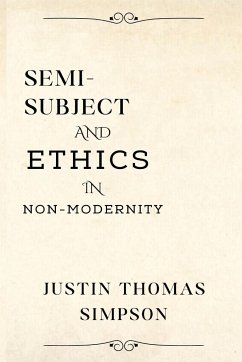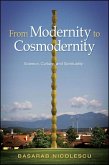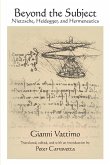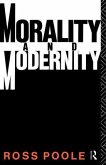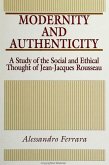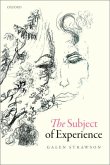Before jumping into the details it is worthwhile to briefly survey the different parts of this paper and the way in which they fit together to present a coherent picture of what it means to be human living in non-modernity and the ethical implications such an understanding has. This paper focuses on the work of anthropologist and philosopher Bruno Latour and develops on his non-modern perspective of the world. From his study of the actual practices of so called moderns, Latour claims that we have really never been modern. In order to understand this claim, chapter one addresses Latour's depiction of the central features of modernity such as its dualistic foundation which holds that everything in the world can be sorted into one of two mutually exclusive and self-constituting categories: Nature or society. Ultimately, Latour contends that the actual practices of modernity not only involve the officially sanctified work of purification but also mediation. Such practices of mediation gives rise to hybrid entities that defy the modern constitution in that they bring together human and nonhuman elements, subject and object properties, in a unified phenomenon. The chapter concludes with the unraveling of modernity and how despite modern attempts to dismiss hybrids as mere intermediaries, the very success of modernity leads to its own downfall as this success is accompanied by an uncontrollable proliferation of recalcitrant hybrids that it unable sort. Chapter two then looks at Latour's non-modern response to the problems of modernity. Non-modernity can be seen as an attempt to reconcile the practices of purification which differentiate nature from culture with the practices of mediation from which hybrids arise. There are three main concepts on which non-modernity is founded: mediation, hybrids and nature-culture collectives.

